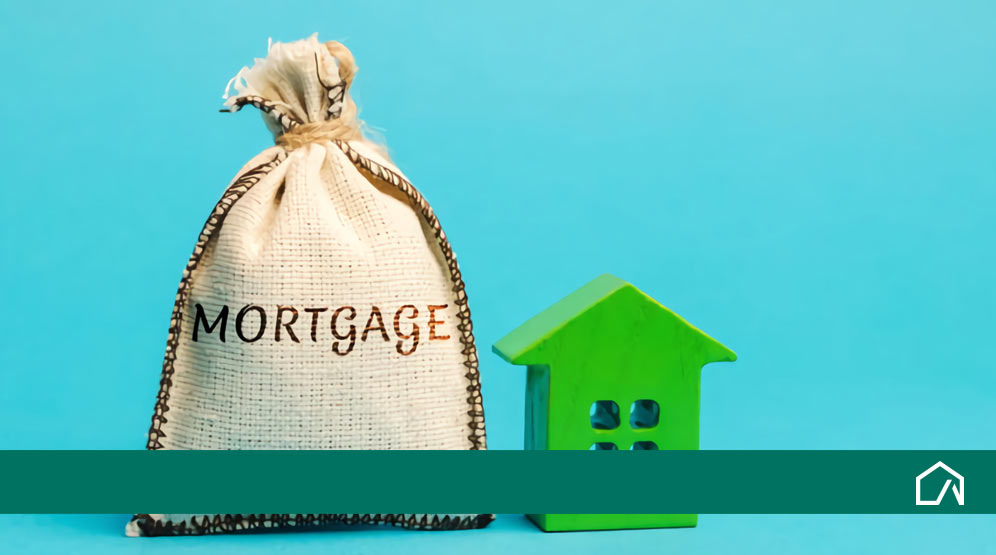Reverse mortgage loans for seniors are loans for people 62 years old and up, that are secured with your private residential property, that permits you to borrow a percentage of the value of your home.
This means you can turn your real estate equity into spendable cash. To be able to make a reverse mortgage loan, the property must have been purchased by you and you must currently live in the property. Rental properties do not qualify.
Contrary to personal loans, with reverse mortgage loans your lender is paying money to you. Depending on what you decide and the lender you choose, these payments can be made as follows:
- Lump sum – you will have a fixed interest rate and will receive one single payment of 60% of your maximum loan amount.
- Term – You get a fixed payments for an agreed upon amount of years. Once the agreed upon amount of years pass, you will stop receiving payments.
- Line of Credit – You will be given a credit limit and pay interest on the amount you borrow.
- Tenure – You will receive a fixed payment each month for the rest of your life or if you decide to sell or move out of the property.
Pros and Cons of Reverse Mortgages for Seniors
Reverse mortgages can be a great alternative to some seniors, but before making the decision, you should take some time to think about the Pros and Cons of a reverse mortgage and if it’s the right option for you. Here are a few to get you started:
Pros:
- Reverse mortgages allow you to supplement your income if need be and may help you continue to pay your bills.
- You can age in place, in your own home without the need to move. Reverse mortgages can be cheaper than moving or buying a new house.
- The income you receive from the reverse mortgage is not taxable.This is because the IRS considers the money you receive as loan proceeds, which aren’t taxable. Be sure to speak with a tax adviser before you make a decision on a reverse mortgage, because tax rules can be complicated.
Cons:
- If you get sick to the point you must leave your home to stay in a retirement facility for a period longer than 12 months, you must repay the loan in full and usually only have only 6 to 12 months to do so.
- Your heirs will receive less inheritance because you will be using some or all of your home equity.
- Seniors sometimes make the mistake of making a reverse mortgage too early in their retirement and later regret it, so make sure this is the right choice for you before committing.
- You must stay on top of your homeowner insurance premiums, property taxes and home maintenance costs because failure to do so may result in the loss of your home.
Requirements for a Reverse Mortgage for Seniors:
You must meet certain requirements to be eligible for a reverse mortgage for seniors. Each of these requirements are very important and you are required to meet them if you want your reverse mortgage to be approved. Requirements such as:
Borrower Requirements
- The borrower must be 62 years of age or older
- The home must be owned by you
- The home must be your primary home
- Receive counseling from a HUD approved counselor (only for HECM loans)
Property Requirements
- The home must be a single-family home or a multiple family home (4-unit maximum) with one of the units being occupied by the owner/borrower.
- The home may be a manufactured home as long as it meets FHA’s requirements.
Vacation homes and second homes do not qualify for Reverse mortgage loans because they aren’t your primary home, or the home where you live most of the time. Properties such as farms that produce income also do not qualify.
Financial Requirements
- You must not have any outstanding federal debt.
- You need to be able to pay for your property taxes, homeowners association fees and insurance.
Types of Reverse Mortgage for Seniors
There are a few types of reverse mortgages for seniors, but the only one insured by the federal government and the one most commonly used by seniors is the Home Equity Conversion Mortgage loan.
Even though this is the most recommended option, it’s not you’re only one. Here are the different types of reverse mortgages for seniors:
- Federally insured reverse mortgage – Also known as the Home Equity Conversion Mortgage or HECM. These loans usually have high upfront costs and tend to be much more expensive than traditional loans.This loan is the most commonly used by seniors because it doesn’t have medical requirements or income limitations and you may use the loan proceeds as you see fit. To qualify for a HECM you must meet with an HUD approved counselor. (You can search online for a HECM counselor or call (800) 569-4287 toll-free)
- Proprietary reverse mortgages – These loans are usually used for homes that are appraised at a high value, making the proceeds that go to the borrower higher.
- Single-purpose reverse mortgages – With this option, the borrower can only use the reverse mortgage proceeds on a specific item that must be approved by the lender beforehand. This option has the least expensive process and is offered by local, state and non-profit agencies.

